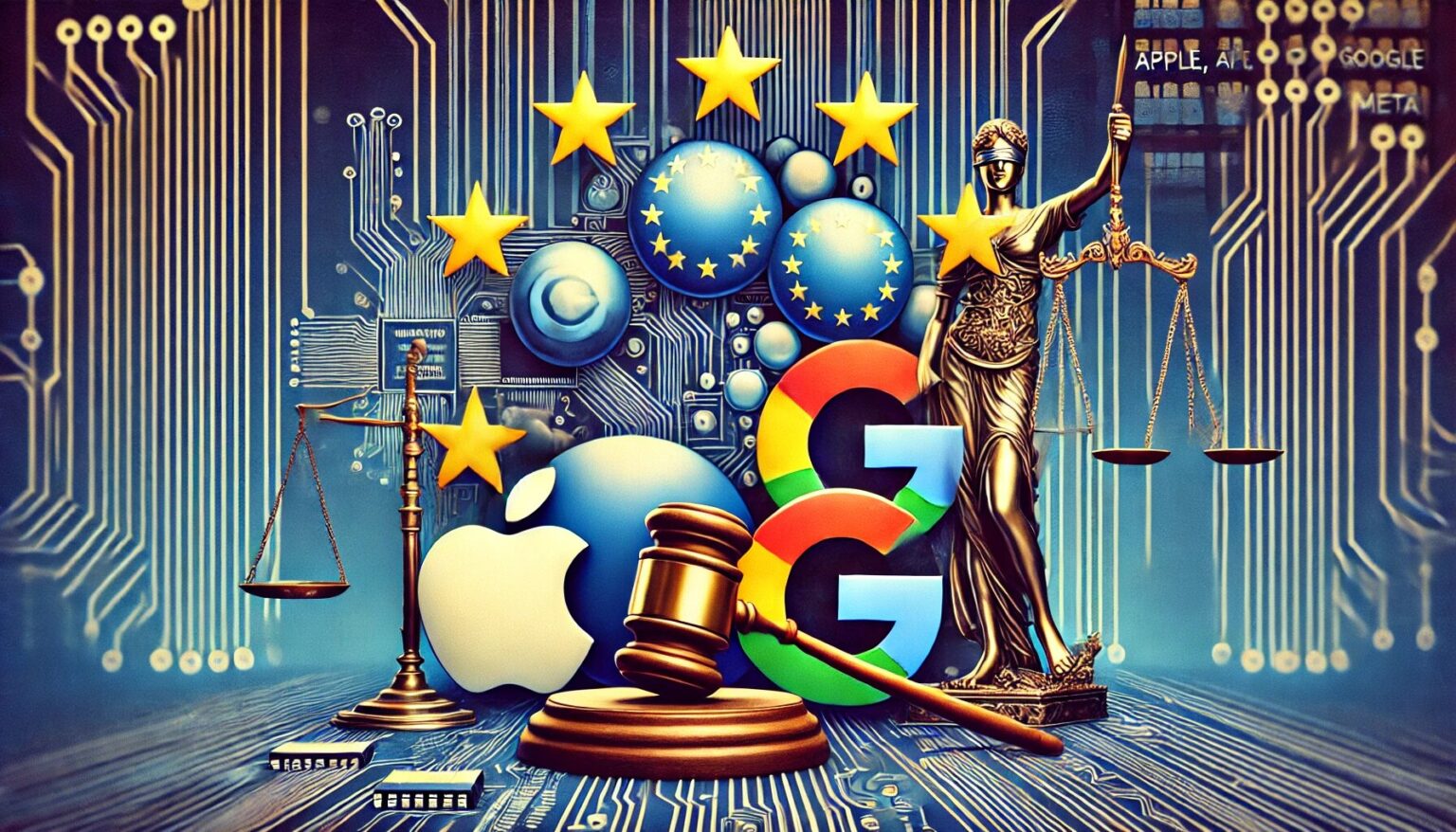The European Commission (EC) is reevaluating its investigations into tech giants Apple, Google, and Meta.
The reassessment involves all cases initiated since March 2024 under the European Union’s Digital Markets Act (DMA), a groundbreaking legislative framework aimed at curbing the dominance of Big Tech.
Impact of Political Shifts
The review coincides with significant political changes, including the EC’s new five-year term and U.S. President-elect Donald Trump preparing to take office. Sources indicate that these political developments, though not the sole catalyst, have influenced the decision to reassess ongoing probes. A senior EU diplomat remarked, “It’s going to be a whole new ballgame with these tech oligarchs so close to Trump and using that to pressurize us. So much is up in the air right now.”
U.S. tech companies, including Meta, have urged the incoming Trump administration to challenge the European Union’s regulatory scrutiny, viewing the DMA as overly stringent and biased against American firms.
Scope of the Review
The EC’s review could lead to adjustments in the scope or intensity of its investigations. While decisions and potential fines are paused during the process, technical work on the cases will continue. These investigations vary in progress; some remain in preliminary stages, while others, such as a probe into Google’s alleged favoritism toward its app store, were nearing formal charges.
The DMA, which took effect in 2022, is one of the most robust regulatory measures targeting tech giants. It imposes strict rules on how major platforms operate and can levy fines of up to 10% of a company’s annual revenue for violations. Regulators have emphasized that the review reflects the complexity of the cases rather than external political pressures.
Big Tech’s Response
The tech companies under scrutiny have yet to comment on the developments. However, Meta CEO Mark Zuckerberg recently criticized the EU’s regulatory approach, citing the approximately $30 billion in fines imposed on U.S. tech firms over the past two decades. Zuckerberg expressed optimism that the Trump administration would defend American tech interests abroad, signaling a potential shift in transatlantic tech policy dynamics.
Broader Regulatory Efforts
The reevaluation comes as Brussels continues to enforce broader regulations on Big Tech, including the DMA and the Digital Services Act (DSA). These efforts aim to promote fair competition and ensure smaller rivals can compete in a market dominated by a few global platforms.
Simultaneously, reports suggest the EU may expand its investigations to include Elon Musk’s social media platform, X, over alleged breaches of content moderation rules. This underscores the broader scope of the EU’s regulatory ambitions.
Next Steps
The European Commission is now awaiting political direction to finalize decisions regarding the cases involving Apple, Google, and Meta. Until then, the outcome of these probes remains uncertain, but the process will likely shape the future of tech regulation in the EU and beyond.
